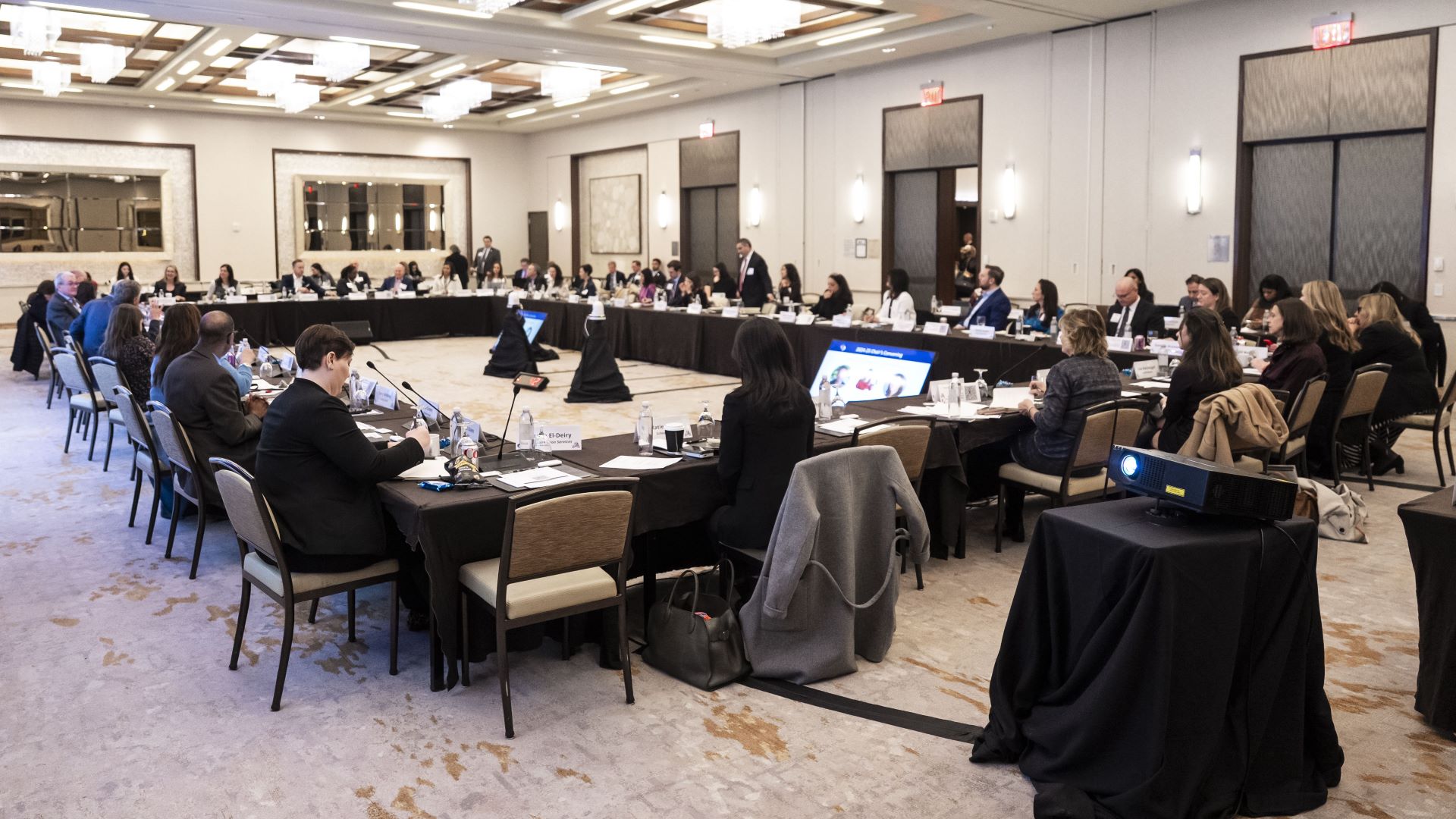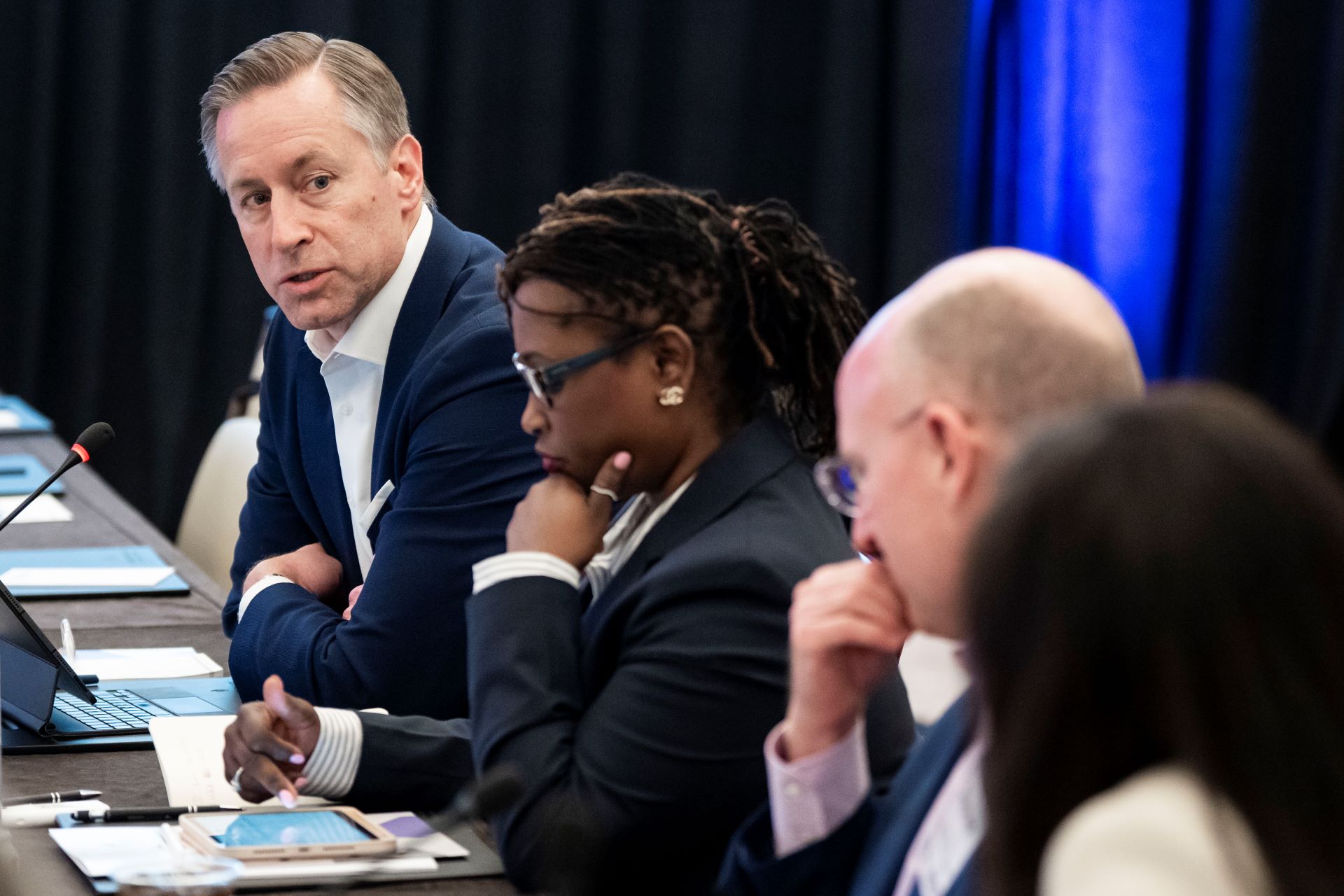On behalf of the nation’s Governors, we invite Congress to engage with states now on any proposals affecting safety net programs. The entire nation benefits when Congress allows sufficient time for states to review and respond to proposed changes that may ultimately become law.
The Honorable Chuck Schumer Majority Leader
Majority Leader
U.S. Senate
United States Capitol
Washington, D.C. 20510
The Honorable Kevin McCarthy
Speaker of the House
U.S. House of Representatives
United States Capitol
Washington, D.C. 20515
The Honorable Mitch McConnell
Minority Leader
U.S. Senate
United States Capitol
Washington, D.C. 20510
The Honorable Hakeem Jeffries
Minority Leader
U.S. House of Representatives
United States Capitol
Washington, D.C. 20515
Dear Majority Leader Schumer, Minority Leader McConnell, Speaker McCarthy, and Minority Leader Jeffries:
As Congress begins work to address the federal debt ceiling and make fiscal year 2024 appropriations, we request you consult with states if you are considering changes to safety net programs administered, and in the case of Medicaid, jointly financed, by states. Decisions at the federal level have consequences for the states. For your work to succeed there must be an intergovernmental effort that reflects Governors’ input.
Currently, Governors are negotiating budgets with state legislatures. In fiscal year 2022, federal funds accounted for 38 percent of state budgets according to the National Association of State Budget Officers, up from 31 percent in fiscal year 2019, prior to the COVID pandemic. Thus, states’ ability to make funding decisions and administer essential programs are inextricably tied to the federal budget. It is crucial that state perspectives be included in federal budget decisions.
Importantly, support for the nation’s most vulnerable is a responsibility shared between the federal government and the states. Proposals should protect states from known risks – such as an economic downturn and higher costs – that increase demand for safety net programs and sometimes increase per-beneficiary costs. Sound fiscal policy – informed by the expertise of the states – is necessary to preserve the Governors’ flexibility to protect the welfare of our constituents, manage state budgets, and administer federal-state programs that meet Congress’s goals.
On behalf of the nation’s Governors, we invite you to engage with states now on any proposals affecting safety net programs. The entire nation benefits when Congress allows sufficient time for states to review and respond to proposed changes that may ultimately become law.
Sincerely,
Governor Ned Lamont, State of Connecticut
Co-Chair, NGA Task Force on Public Health and Disaster Response
National Governors Association
Governor Phil Scott, State of Vermont
Co-Chair, NGA Task Force on Public Health and Disaster Response
National Governors Association











